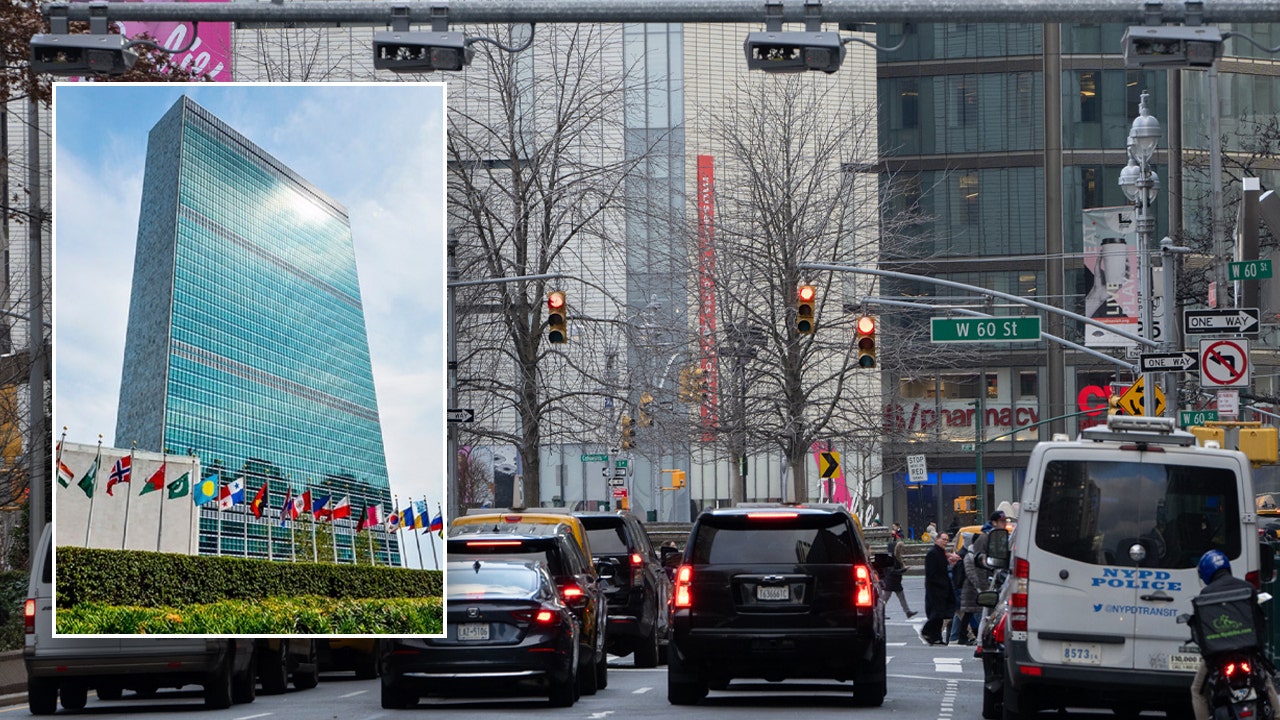US foes Iran, Russia, other UN diplomats exempt from NYC congestion pricing as taxpayers forced to foot bill

New York City’s controversial Congestion Relief Zone tolling scheme has sparked outrage among residents and officials alike. The scheme, which charges drivers between $9 and $21.60 per day to drive below 60th Street in Manhattan, has been met with criticism for its disproportionate impact on working-class individuals. However, a recent announcement by the State Department has added fuel to the fire.
According to the State Department’s guidance, employees and personnel from foreign missions and international organizations, including the United Nations, are exempt from paying Congestion Relief Zone fees. This exemption has raised eyebrows and prompted questions about why diplomats and representatives from foreign countries should be granted special treatment while New York and New Jersey residents bear the economic burden.
New York City Republican Councilwoman Vickie Paladino expressed her frustration with the exemption, calling it unfair and highlighting the disparities in treatment between regular citizens and foreign diplomats. She criticized the State Department for enabling the United Nations to flout local laws and fines, accusing the organization of using the city as its “personal playground” for decades.
Paladino pointed to instances of diplomats racking up unpaid parking fines and speeding tickets without facing consequences, citing a 2022 investigation that found Russian diplomats had accumulated over $100,000 in unpaid fines for parking violations since 2003. Despite a policy stating that nations with three or more unpaid violations could be suspended from registering or renewing diplomatic license plates, it remains unclear whether Russia faced any repercussions.
The Congestion Relief Zone fees, which vary based on the size of the vehicle, are intended to raise funds for transportation upgrades and reduce traffic in the zone. However, Paladino expressed skepticism about the effectiveness of the fees, pointing to the city’s dilapidated subway system and the Metropolitan Transportation Authority’s financial woes.
The impact of congestion pricing has already been felt by New York City’s emergency medical workers, with the union for EMTs and paramedics urging its members to transfer from stations within the Congestion Relief Zone due to the financial burden of the fees. Despite the outcry, the State Department has remained silent on the rationale behind the exemption for U.N. personnel and the potential implications for New York and New Jersey residents.
As the debate over congestion pricing continues, residents are left grappling with the economic consequences of the scheme. Paladino emphasized the need for a fair and equitable approach to addressing transportation challenges in the city, warning that burdening the middle and lower classes with additional costs will only exacerbate existing inequalities. With no clear resolution in sight, the controversy surrounding the Congestion Relief Zone tolling scheme shows no signs of abating.




